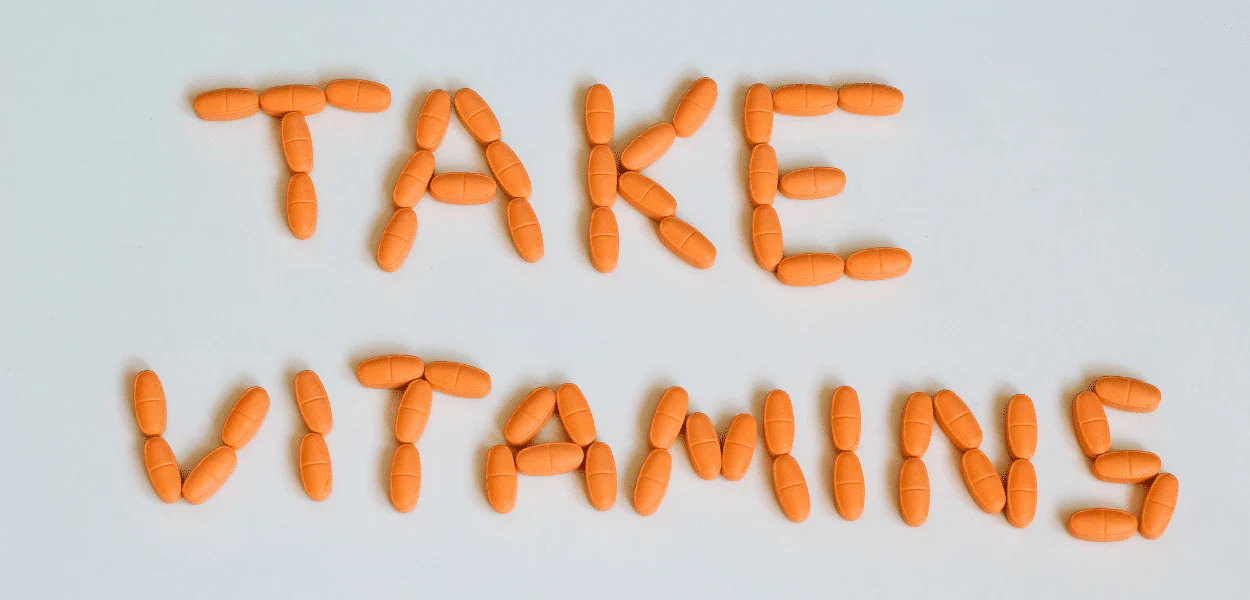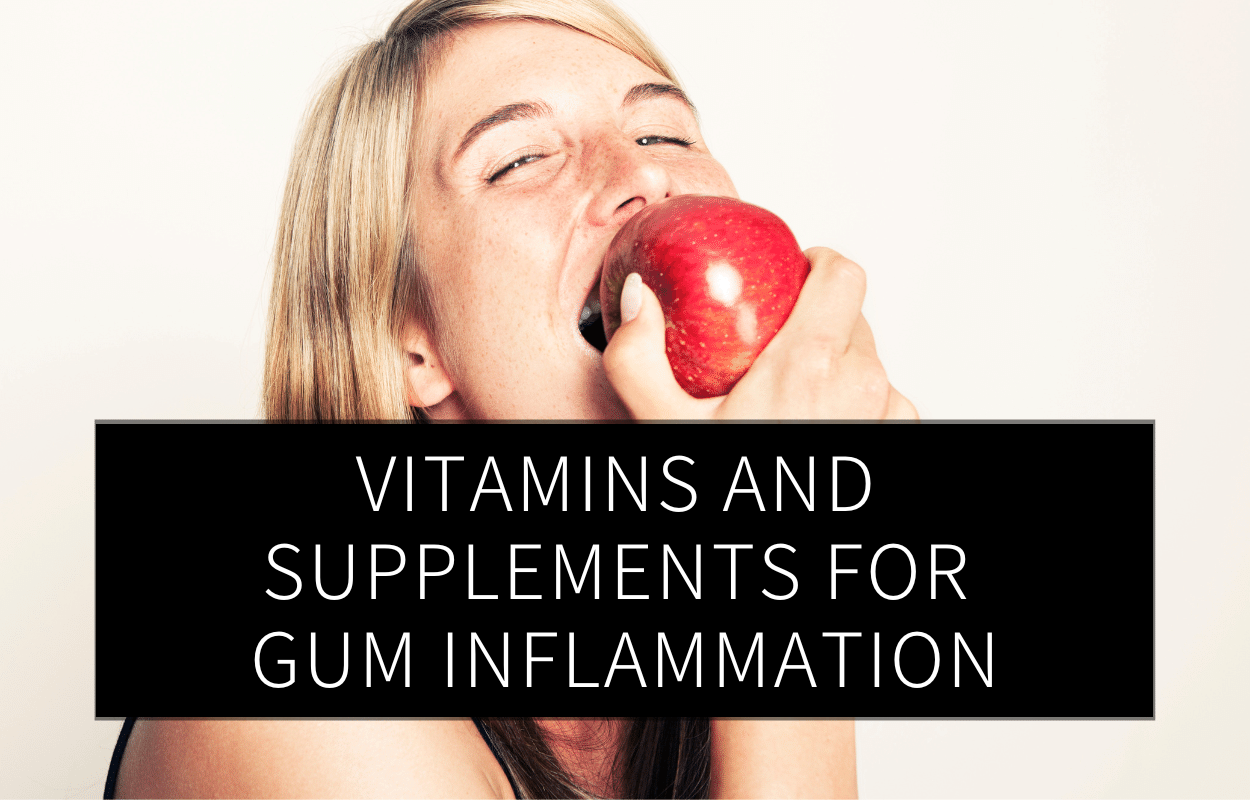Nothing is more attractive than a radiant smile. Nevertheless, an increasing number of people suffer from gum bleeding. This article shows what you can do about it.
1. How does gum bleeding manifest?
However, if our teeth become sensitive to hot or cold foods and drinks, especially if we experience gum bleeding after brushing, we should be concerned. These symptoms may indicate gum inflammation, which should be treated promptly to prevent further complications.
2. What dental and gum problems exist?
Many of us have no problems with our teeth and gums, while others visit the dentist regularly. The fact is that dental and gum problems are not uncommon. They are often caused by improper or insufficient oral hygiene, but nutrient deficiencies can also play a role.
Teeth and gums require daily attention. Brushing alone is often not enough to thoroughly clean the teeth and remove all plaque. Plaque is a biofilm that can form from the accumulation of food particles, providing a breeding ground for bacteria. If these residues are not completely removed, dental and gum problems can occur.
Normally, our gums have a firm structure and a pink color. They surround our teeth like a protective sheath, providing additional support because our teeth are subjected to enormous daily stress. Our teeth not only withstand every bite but also need to withstand thermal stimuli, provided that our teeth and gums are healthy. However, if the gums become swollen, frequently bleed, and the teeth become sensitive to heat and cold, these symptoms may indicate gum problems that should not be taken lightly. Below, we will show you the specific dental and gum problems that exist.
3. Gingivitis
Gingivitis refers to gum inflammation caused by the accumulation of plaque along the gumline and in the spaces between teeth. If this dental plaque, consisting of a variety of bacteria, is not removed, the bacteria can produce acids that can attack the gums.
Gingivitis is an early form of gum disease characterized primarily by swollen gums and gum bleeding. Gum bleeding mainly occurs during toothbrushing but can also be triggered by biting into an apple. Smokers are particularly affected because nicotine makes the gums more susceptible to gum inflammation.
Gingivitis should be treated promptly to prevent the worsening of symptoms. Thorough oral hygiene with an (electric) toothbrush and dental floss, combined with professional dental cleaning at the dentist, is often sufficient to successfully treat gingivitis. However, if left untreated, gingivitis can quickly progress to periodontitis.
4. Periodontitis
Periodontitis, formerly often referred to as periodontal disease, is a condition that can develop as a result of untreated gingivitis. It occurs when plaque influences the formation of gum pockets in which additional bacteria settle, leading to severe gum inflammation affecting the entire tooth-supporting apparatus. A weakened immune system can also be responsible for periodontitis.
The condition is often associated with the impression of „elongated“ teeth due to gum recession, which cannot be reversed by brushing alone. In the worst case, gum recession caused by periodontitis can lead to tooth loss.
5. What role does diet play in gum bleeding or inflammation?
Gum inflammation is often associated with insufficient oral hygiene, but diet also plays a significant role. The diet should primarily consist of fresh foods and be varied to provide the body with all essential nutrients. Sugar, fast food, and processed foods should have no place in a healthy diet as they can promote the formation of plaque. A plant-based diet rich in vegetables and healthy fats has proven particularly helpful in protecting the gums.
However, there are a few nutrients that require special attention to prevent deficiencies. Below, we will show you which nutrients they are and how supplements can contribute to protecting teeth and gums.

6. How can vitamins and micronutrients contribute to protecting against gum bleeding and inflammation?
To keep our teeth for a lifetime and prevent premature gum recession, often caused by periodontitis, we should pay attention to thorough oral hygiene. This includes not only proper tooth brushing but also the use of dental floss, interdental brushes, and mouthwashes.
What many people don’t know is that supplements can also contribute to protecting against periodontitis by strengthening the teeth and gums and boosting the immune system. Below, we’ll reveal which dietary supplements can help with periodontitis.
B Vitamins
Folate deficiency is common in periodontitis. Did you know that B vitamins are believed to have anti-inflammatory effects? Although folate is found in green leafy vegetables, the folate content can quickly decrease when the food is stored for too long or heated intensely.
Vitamin B12 is equally important, and it is primarily found in animal-based foods. Vegans, in particular, often suffer from a vitamin B12 deficiency, which can manifest as changes or injuries to the oral mucosa. What many people don’t know is that vitamin B12 is essential for the absorption of folate. Without sufficient vitamin B12, the body cannot fully absorb the folate present in food, which can promote gum inflammation.
It is crucial to ensure an adequate supply of B vitamins. For a vegan diet, taking a supplement that contains both B vitamins can be beneficial in preventing deficiencies that can lead to inflammation. Consider supplementing with B vitamins, especially if you experience symptoms that may indicate gum inflammation.
Vitamin A, Carotenoids
While vitamin A is predominantly found in animal-based foods such as organ meats, carotenoids are found in green leafy vegetables. Carotenoids, for example, can promote the healing of inflamed gums. However, they are sensitive to heat, and the carotenoid content can quickly decrease. Vegetable powders can be a solution, as they can complement your diet in the form of smoothies to strengthen your gums.
Antioxidants
Researchers have found that people with periodontitis often lack antioxidants. Antioxidants are chemical compounds that can reduce (micro)inflammation and contribute to protection against free radicals. They are primarily found in fruits, vegetables, natural oils, nuts, and seeds, which are often insufficiently included in many people’s diets. Some of the strongest antioxidants include astaxanthin, primarily found in microalgae (such as blood rain algae) and crustaceans. Natural astaxanthin is believed to effectively protect cells, mitochondria, and DNA from oxidative stress. Another well-known antioxidant is vitamin C, which is primarily found in acerola cherries. In addition to vitamin C, vitamin E and grape seed extract are also considered potent antioxidants.
Hyaluronic Acid
Hardly anyone associates hyaluronic acid with dental health. Many people connect this substance with anti-aging products that smooth the skin and prevent signs of aging. However, hyaluronic acid is a naturally occurring substance in our bodies. It is not only important for the skin but also necessary for the joints, eyes, and gums.
One disadvantage is that the production of hyaluronic acid decreases with age. Therefore, it can be beneficial to take hyaluronic acid as a supplement to compensate for this deficit. Due to its ability to retain water, hyaluronic acid is believed to stimulate collagen synthesis. Collagen is an essential component of the gums, providing strength, elasticity, and promoting wound healing, which can be advantageous in the case of gum recession.

Vitamin C
As mentioned earlier, vitamin C is one of the most potent antioxidants, primarily found in acerola and grapefruit extract. However, the body cannot store vitamin C for long periods, so it needs to be regularly obtained through diet. As this is not always possible, especially when traveling, more and more people are turning to vitamin C supplements to ensure an adequate supply of this essential vitamin.
Vitamin C is not only essential for the immune system but also important for gum health. It is believed to have antioxidant properties, contributing to the prevention of free radicals that can damage the gums. Vitamin C is also required as a coenzyme for collagen synthesis. Collagen is a crucial component of the gums, providing strength. When vitamin C is lacking, gum bleeding can occur, which is one of the early signs of gingivitis.
Vitamin D
Although we can synthesize vitamin D through sunlight exposure, many of us still suffer from vitamin D deficiency due to spending significant time indoors. While vitamin D is also found in fatty fish, cod liver oil, or mushrooms, the body cannot synthesize as much vitamin D from these food sources as it can from sunlight.
Vitamin D is essential for the body as it contributes to the formation of bones, teeth, joints, and muscles. It also plays a significant role in calcium and phosphate balance. Additionally, vitamin D can support the normal function of the immune system, which can promote the healing of gum inflammation.
Vitamin K
Vitamin K has multiple functions in our body. It contributes to maintaining normal bones and normal blood clotting, for example. When combined with vitamin D, it supports the body in better depositing the absorbed calcium, which is crucial for the stability of bones, particularly the jawbone. Did you know that vitamin K can also have a positive effect on the gums? A deficiency in vitamin K can lead to more frequent gum bleeding.
Omega-3 Fatty Acids
Omega-3 fatty acids are rarely associated with gum inflammation. However, the healthy fatty acids EPA and DHA are believed to have anti-inflammatory effects, making them beneficial in both preventing and alleviating gum inflammation. These two omega-3 fatty acids are not only found in fatty fish but also highly concentrated in microalgae. This is advantageous not only for vegans but also as a sustainable source of omega-3. Although omega-3 fatty acids are also present in plant-based foods like flaxseeds, hemp seeds, and chia seeds, they are in the form of alpha-linolenic acid, which the body must convert to EPA and DHA. Supplements containing highly concentrated EPA and DHA can be a useful addition to ensure sufficient intake of omega-3 fatty acids for vegans.
7. Conclusion: Micronutrients & Supplements are Ideal Supporters in the Fight against Gum Bleeding and Inflammation
Gum problems are not uncommon. Therefore, it is essential to strengthen the gums early on to prevent gum issues from occurring in the first place. Thorough oral hygiene and a diet rich in essential nutrients are crucial. Supplements provide another way to naturally strengthen the gums and prevent inflammation. Vitamin C and B vitamins can be effective as dietary supplements, as well as hyaluronic acid, which is one of the key components of gum tissue.





